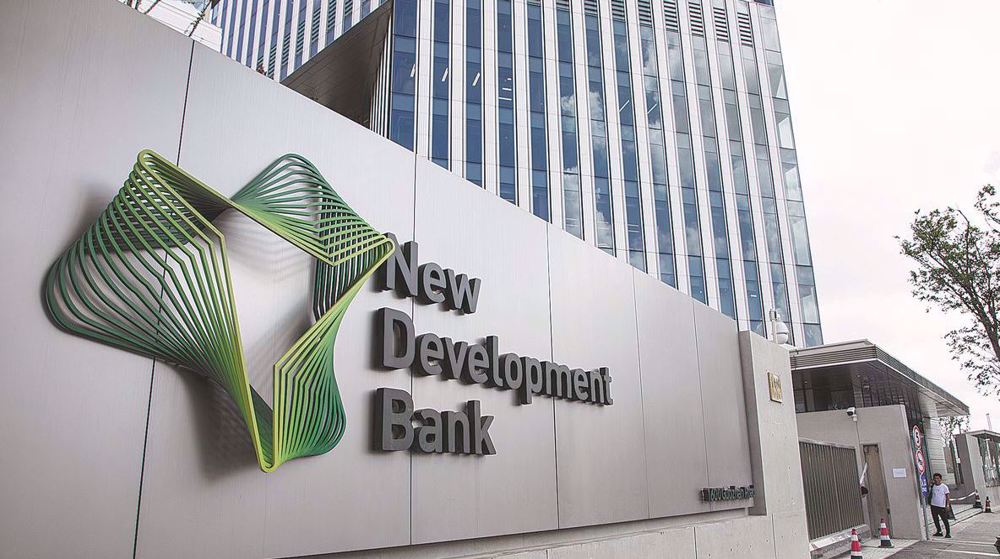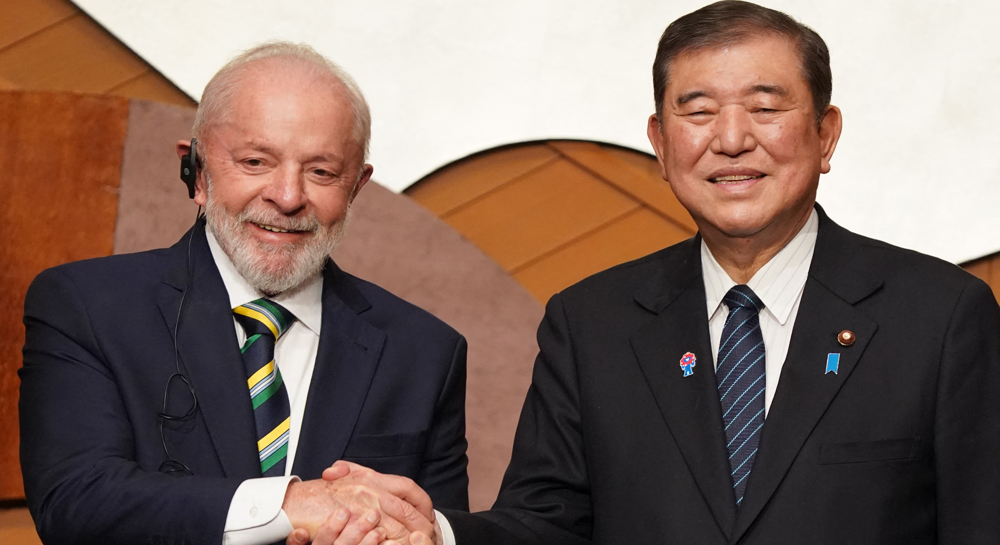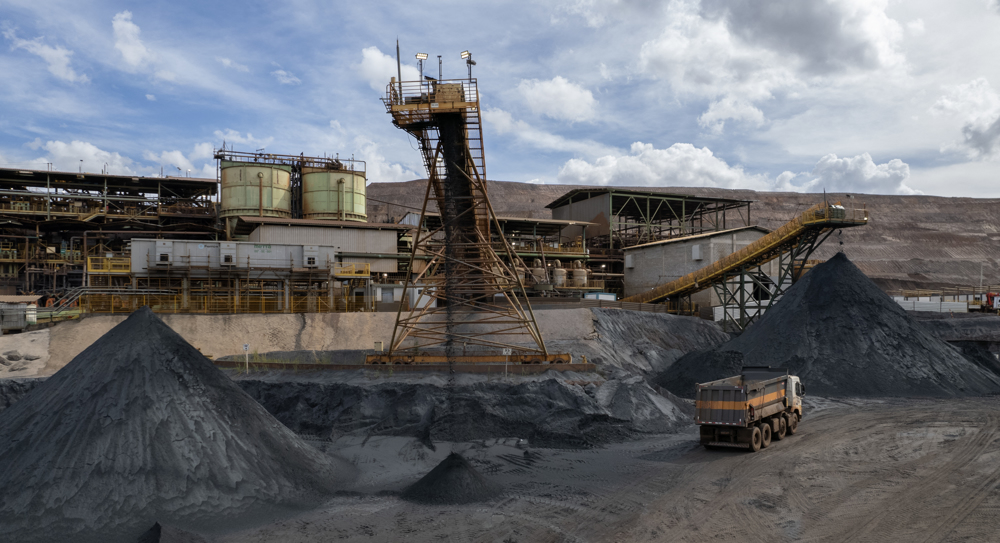Brazil senate approves austerity plan, mass protests erupt in 15 cities
Protests have erupted in cities across Brazil over the Senate’s approval of a controversial austerity plan being pushed by President Michel Temer to limit public spending for as long as two decades.
Protests were held in at least 15 cities, including in the capital, Brasilia, and major cities like Sao Paolo, Rio de Janeiro, Salvador, and Porto Alegre on Tuesday.
Violence broke out during some of the demonstrations, including in Brasilia. Riot police fired tear gas to disperse the protesters, who say the legislation would affect the poorest people in the country.
“All this fighting and mobilization taking place is because the Temer government is implementing unpopular measures, and will leave the country in the interests of international bankers,” said a demonstrator in Rio.

The senate approved the spending legislation, known as PEC 55, by a vote of 53 to 16 on Tuesday. It is expected to become law on Thursday.
Temer, who took office in late August, praised the bill on Tuesday as the “first amendment aimed at getting the country out of recession.” He insisted that the bill was required to lift the country out of its deepest recession in decades.
But a Datafolha survey on Tuesday indicated that 60 percent of Brazilians opposed the legislation.
The poll showed that opposition was strongest among young people and those with higher education and lower incomes. Rich Brazilians tended to support it, though, according to the survey.
The legislation was also denounced by the United Nations special rapporteur on extreme poverty and human rights, Philip Alston, who said it will “hit the poorest and most vulnerable Brazilians the hardest.”
“It is completely inappropriate to freeze only social expenditure and to tie the hands of all future governments for another two decades,” Alston added.

More protests are expected across Brazil, according to Vitor Guimaraes, a national coordinator for the Homeless Workers Movement. “Social movements will keep up the struggle,” he said.
Temer’s unelected government is already under fire over corruption accusations. He came to power after former president Dilma Rousseff was ousted for an eight-month impeachment trial.
The president will remain in office for what would have been the rest of Rousseff’s second term through 2018. Temer has said that he has no plans to step down, although pressure is mounting on him to resign.
Some of his allies have joined calls on him to relinquish power. Ronaldo Caiado, a powerful senator who has been a leader of Temer’s coalition, on Tuesday urged the president to resign, saying the resignation was needed because Temer was “provoking the streets.”

BRICS to establish 'digital' payment system: Russian minister

Brazil's Lula urges Japan-Mercosur partnership to counter US protectionism

President Lula: Brazil to reciprocate US steel tariffs
VIDEO | Press TV's news headlines
'Kill zone': Report says Israel systematically destroyed homes on Gaza boundary
Palestinian Red Crescent calls for independent probe into Israeli massacre of medics in Gaza
Iran making heavy investment in buying GPUs: Official
Israel’s Netanyahu crossed all limits to stay in power: Gantz
China slams US for unilateralism, protectionism, economic bullying with tariffs
‘Cutting-edge’: Iran says Arash-2 suicide drone will wipe out all threats within 2,000km range
Top Israeli diplomat expelled from African Union summit










 This makes it easy to access the Press TV website
This makes it easy to access the Press TV website